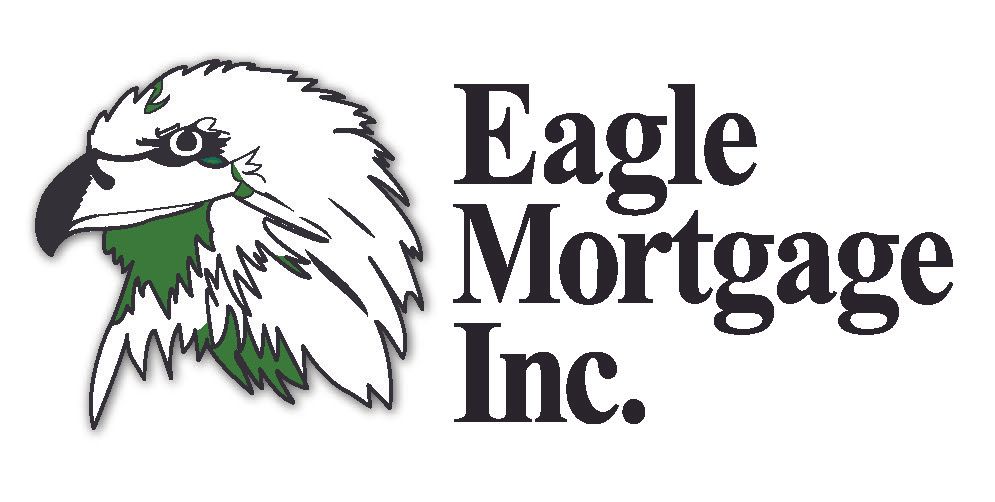Understanding the factors that influence mortgage rates is vital for anyone considering investing in real estate or refinancing their home. Mortgage rates are not just arbitrary numbers set by lenders; they are influenced by a wide array of economic elements. Let's explore these key factors to better grasp how they affect your mortgage rates.
Interest Rates Set by Central Banks
The Federal Reserve, or central bank, plays a pivotal role in shaping mortgage rates by setting the federal funds rate. This is the interest rate at which banks lend to each other overnight. When the Federal Reserve adjusts this rate, it impacts the borrowing costs for banks which, in turn, influences the rates they offer to consumers. A rise in the federal funds rate makes borrowing more expensive, leading to higher mortgage rates.
Inflation and Mortgage Rates
Inflation directly affects the interest rates, including mortgage rates. When inflation rises, purchasing power decreases, leading lenders to increase interest rates to maintain their profit margins. This increase makes borrowing more costly, thus boosting mortgage rates. Conversely, lower inflation helps keep mortgage rates down.
Economic Growth and Employment
A strong economy with high employment levels increases demand for housing, often leading to higher mortgage rates. When people have stable jobs and incomes, they are more likely to invest in real estate. This demand often results in mortgage lenders raising rates to control the market flow. Conversely, during periods of economic downturn and high unemployment, mortgage rates may drop to stimulate demand for housing by making loans more affordable.
Market Conditions and Investor Sentiment
The global financial markets significantly influence mortgage rates. For instance, when investors are faced with uncertainty or volatility, they may flock to safer investments like government bonds. This increased demand for bonds causes their yields to drop, subsequently pulling down mortgage rates due to their inverse relationship with bond yields.
In conclusion, mortgage rates are a reflection of broader economic dynamics. Understanding these economic variables not only helps in making informed decisions about home buying or refinancing but also in forecasting future financial trends. Stay informed, and you'll be better prepared to navigate the ever-changing landscape of mortgage rates.

